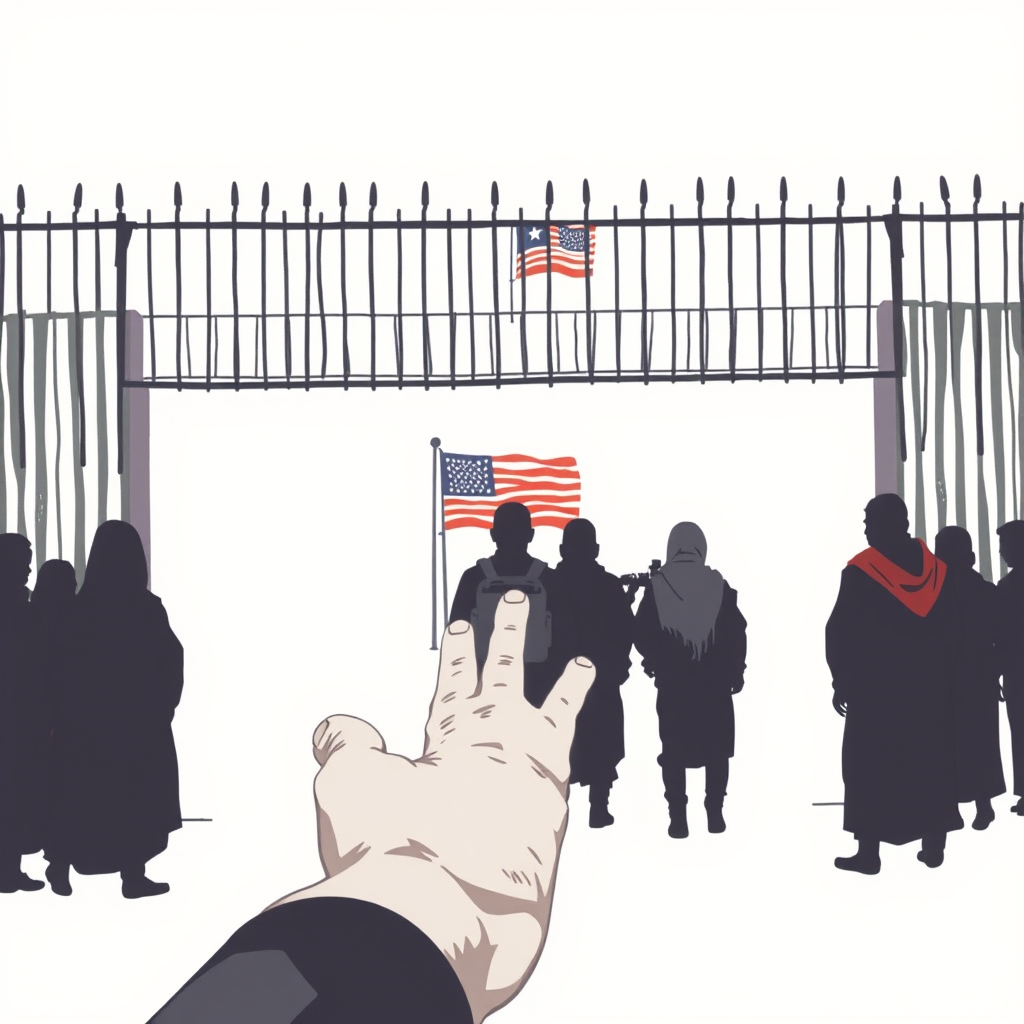Trump Considers Reversal on Christian Refugee Policy

The Trump administration is reportedly considering a shift in policy regarding Afghan Christian refugees facing deportation, a move that would represent a significant departure from its longstanding, restrictive immigration stance. According to a new report in Politico, the administration is responding to pressure from prominent Christian leaders, including evangelist Franklin Graham, who advocate for the protection of Afghan Christians who could face persecution under the Taliban regime.
These refugees, some of whom previously received humanitarian parole, recently received notices from Customs and Border Protection indicating a revocation of that status. The intervention by Christian leaders highlights a rare instance of the administration facing pressure from allies on immigration matters, a cornerstone of President Trump’s agenda has consistently been reducing both legal and illegal immigration.
The potential policy change would allow these Afghan Christians to remain in the U.S., potentially by encouraging them to apply for asylum. White House Press Secretary Karoline Leavitt confirmed this week that asylum applications would be processed on a case-by-case basis.
However, the report indicates this protection is unlikely to extend to Muslim Afghans, even those who assisted American forces during the conflict, who also face severe risks upon return to Afghanistan. This creates a complex policy dilemma for the administration, forcing a prioritization based on religious affiliation.
It’s a notable development given the Trump administration’s established focus on protecting Christians from perceived persecution, evidenced by the creation of a task force shortly after taking office dedicated to investigating alleged anti-Christian bias within federal agencies. While the administration’s motivations are likely multifaceted, this situation underscores the powerful influence of religious advocacy groups and the potential for selective application of immigration policies. The fact that the administration is even considering a reversal on deportation, even for a limited group, is a surprising turn given its consistent rhetoric and actions on immigration over the past several years. It raises questions about the extent to which political considerations and the influence of key constituencies are shaping immigration policy decisions.